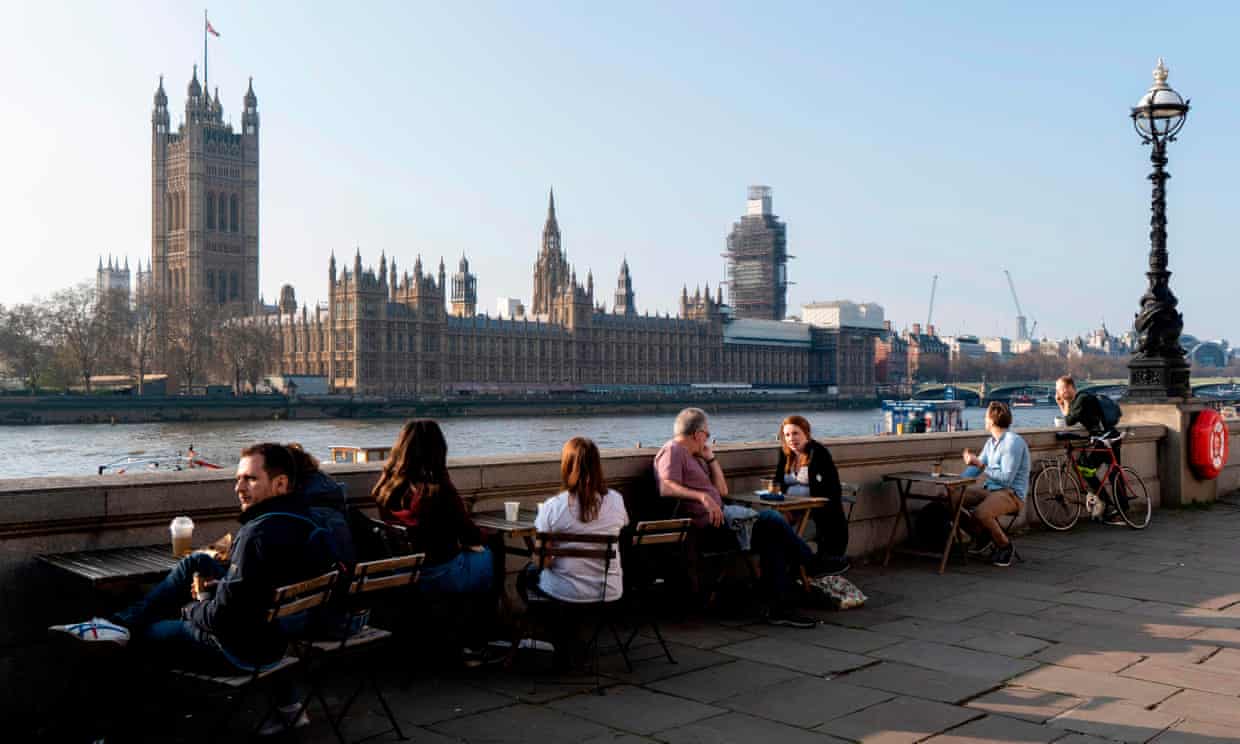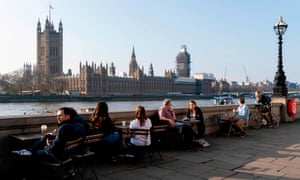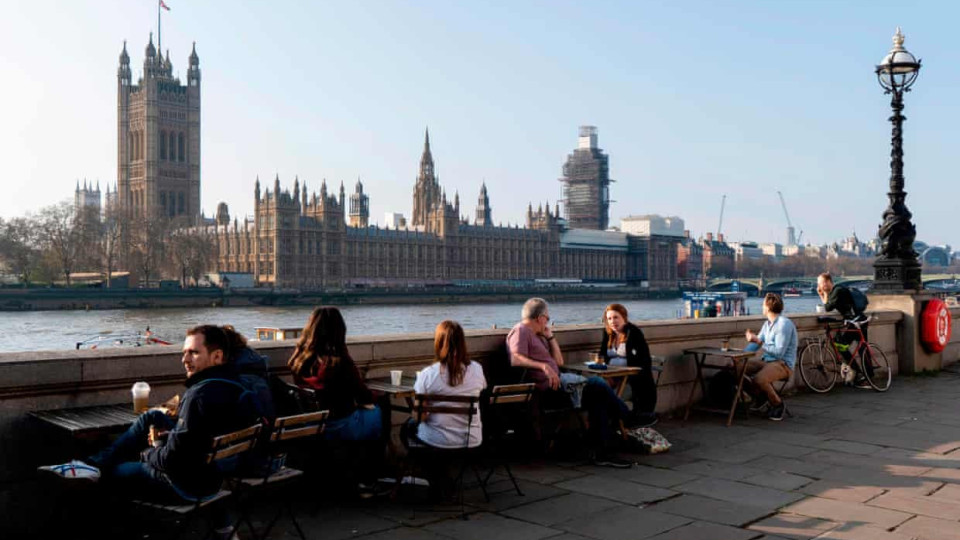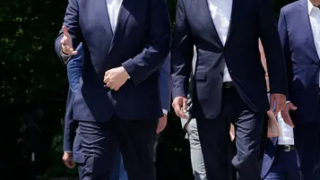
We could gain an opt-out from the European elections and take the time to debate our future

After a week that ended in an atmosphere of chaos, confusion, acrimony, hostility and mistrust, MPs are once again trying to construct a Brexit majority for something – or anything. Having lived for years now away from the Westminster bubble, I am clear that even if parliament struggles to an 11th-hour compromise on Monday, there will be little buy-in from the public. And even if for a moment there are sighs of relief, the country will still be as divided as ever.
Opinion poll after opinion poll has rejected not just Theresa May’s deal and the no-deal option, but the Canada, Norway, Switzerland and Efta options, the last three of which would leave Britain as a rule-taker rather than a rule-maker. And while MPs deserve credit for trying, there is unlikely to be a majority in the country for a deal cobbled together over a weekend on the basis of MPs’ third or fourth choices that could decide the next 100 years of our history.
There are some precedents from the last two centuries to guide us when there is both a standoff between government and parliament, and a deadlock within parliament itself. Ending the impasse over the Corn Laws, dealing with Irish independence, legislating the extension of the vote from 1832 onwards, and more recently dealing with the undemocratic power of the House of Lords all required the same innovative leadership and the courage to break with the past that we need today.
But from next week we face a challenge comparable to, or greater than, all of these: how we deal with both a stalemate on policy, and a complete breakdown of trust between parliament and the public. And there can be no outcome acceptable to the British people that does not find new and effective ways of engaging with them.
But as one door closes, another is opening. Last week the European council showed an openness to what we might call – if the word “meaningful” had not been so devalued – a meaningful extension: a longer negotiating period, not as a delaying tactic or for a return to vicious squabbling, but to reunite a divided country. And we should do what should have been done three years ago: establish region-by-region public hearings to allow straight talking and clear thinking about the concerns that brought about Brexit in the first place. A year’s extension would allow us to pursue a British version of Ireland’s successful experience in participatory democracy when they held citizens’ assemblies, to find common ground on deeply divisive issues in advance of a referendum.
There were many concerns raised by the British public in the 2016 EU referendum, such as the state of our manufacturing and our industrial towns, and a feeling that our politicians had let us down and had lost the plot in our post-imperial journey. But when it came to the specifics of Britain’s relationship with Europe, the issues that dominated were those of “taking back control of our borders”, and “taking back control of our laws”. These issues have been little discussed over the past three years as parliament has been engrossed in the minutiae of Brexit, and possible solutions to them need to be scrutinised in nationwide consultations in advance of any future referendum.
Options for more “control of our laws” could include parliament passing a UK law that any decision of the European court that offends our national and constitutional identity, and is thus in violation of article 4 (2) of the treaty of Lisbon, is unconstitutional. Options for more “control of our borders” could include registering migrants as they arrive, as Germany does, and imposing a time limit on any stay without gaining employment, as in Belgium. And outlawing, as France has, social dumping: the practice of paying Latvian workers only Latvian wages while working in France.
All these changes are achievable within the EU’s freedom of movement rules. After Monday a year-long extension to conduct public hearings – once at the bottom of the list of options – may not just be the best alternative to no deal, but the only alternative.
I have reason to believe that the problems raised by the European election timetable can be negotiated away by indirect elections – selecting a contingent of MPs from our own parliament – and by not participating in the election of the presidents of the European commission and parliament.
If we do not now promote the open and informed public debate that’s required, future historians will conclude that our country turned its back not only on our long history of internationalism and engagement, but also on our once globally renowned traditions of pragmatism, rationality and evolutionary progress. However, by striking out on a new path, we can still save our country from decades of recriminations and decline at home, and diminution in the eyes of the world.











Leave a comment